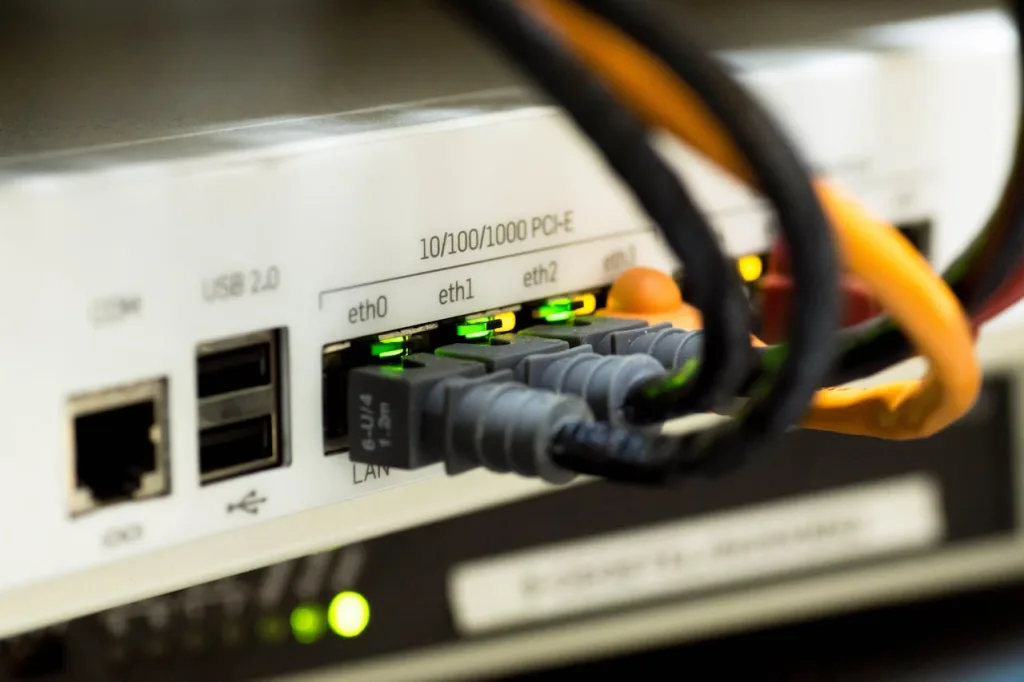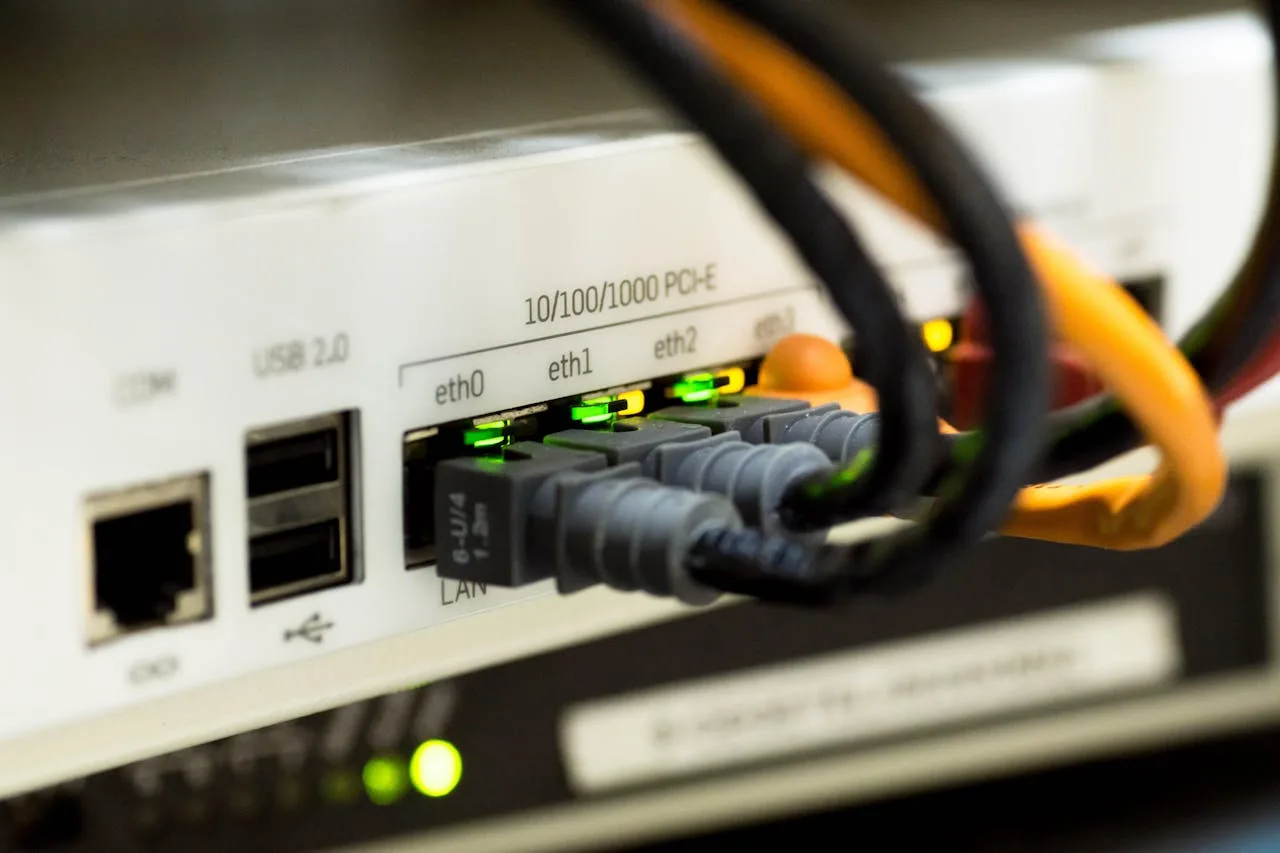In the fast-growing world of digital media, delivering high-quality streaming content has become a necessity. IPTV encoders play a crucial role in ensuring seamless streaming, converting raw video signals into internet-compatible formats. Whether you’re a beginner exploring IPTV or a professional looking to enhance your streaming setup, understanding IPTV encoders is vital.
Table of Contents
ToggleThis guide will break down the essentials, benefits, and practical tips for choosing and using an IPTV encoder effectively.
As IPTV continues to revolutionize how we consume content, understanding the technical backbone of this technology becomes increasingly important. IPTV encoders not only simplify content delivery but also empower creators and businesses to reach a global audience with minimal technical barriers. By exploring the nuances of encoding, you can unlock endless possibilities for streaming quality, efficiency, and scale.

What Is an IPTV Encoder?
An IPTV encoder is a device or software that transforms video and audio signals into a digital format suitable for internet streaming. It compresses and formats content to ensure smooth transmission across different platforms, such as smart TVs, mobile devices, and laptops.
Encoders bridge the gap between raw video signals (such as from cameras or satellite feeds) and the end-user viewing experience.
How Does an IPTV Encoder Work?
An IPTV encoder works by:
- Capturing Raw Signals: It takes in video/audio inputs from cameras, satellites, or media players.
- Compressing Content: Using codecs like H.264 or H.265, it reduces file sizes without compromising quality.
- Encoding Signals: Converts content into IP-friendly formats for distribution.
- Streaming to End-Users: The encoded stream is delivered via IPTV platforms for viewers to access.
Additionally, IPTV encoders handle adaptive bitrate streaming (ABR), a critical feature for modern streaming needs. ABR adjusts the video quality in real-time based on the viewer’s internet speed, ensuring a smooth experience even during network fluctuations. This process dynamically optimizes video playback, making IPTV encoders essential for both live and on-demand streaming.
Another noteworthy aspect is their ability to encode multiple streams simultaneously. This means you can cater to various platforms and devices at once, maximizing your content’s accessibility and reach.
5 Benefits of Using an IPTV Encoder
1. High-Quality Streaming
With an IPTV encoder, you can maintain exceptional video and audio quality, even with limited bandwidth. Advanced codecs ensure smooth streaming without unnecessary lags or pixelation.
2. Wide Compatibility
IPTV encoders support multiple devices and platforms, ensuring your content reaches viewers on smart TVs, smartphones, tablets, and PCs. This compatibility broadens your audience base.
3. Bandwidth Optimization
Encoders efficiently compress files, reducing the load on your network. This optimization means faster loading times and a better viewing experience for your audience.
4. Easy Content Management
Modern IPTV encoders often come with user-friendly interfaces, making it simple for beginners to set up, manage, and monitor their streams.
5. Cost-Effective Solution
Compared to traditional broadcasting methods, IPTV encoders are a budget-friendly way to deliver content to a global audience.
Types of IPTV Encoders
Hardware Encoders
- Dedicated Devices: Standalone devices designed solely for encoding tasks.
- High Performance: Reliable and efficient for continuous streaming.
Software Encoders
- Flexible Options: Use on existing computers or servers.
- Budget-Friendly: Ideal for smaller-scale setups or beginners.
Cloud-Based Encoders
- Scalable Solutions: Perfect for businesses with fluctuating streaming needs.
- Accessible Anywhere: Manage encoding from remote locations.
IPTV Encoder vs. Transcoder: What’s the Difference?
While the terms “encoder” and “transcoder” are often used interchangeably, they serve distinct purposes.
- Encoders: Focus on converting raw video/audio signals into digital formats suitable for initial streaming. They compress and prepare content for internet delivery from its original source.
- Transcoders: Reprocess already encoded streams to adapt to different formats, resolutions, or bitrates. This is especially useful when delivering content to diverse devices or regions with varying bandwidth constraints.
For beginners, starting with an IPTV encoder is sufficient for most streaming needs. Transcoders become relevant as your audience grows and demands more versatile viewing options.
Key Features to Look for in an IPTV Encoder
When selecting an IPTV encoder, consider:
- Codec Support: Ensure compatibility with modern codecs like H.264/H.265.
- Latency Levels: Low latency ensures real-time streaming.
- Input/Output Options: Check for HDMI, SDI, or other necessary ports.
- Ease of Use: User-friendly interfaces simplify the setup.
- Scalability: Choose a solution that can grow with your needs.
- Placement: Add this content as the last few points under this section.
- Energy Efficiency: Modern encoders are designed to consume less power while delivering consistent performance, making them environmentally friendly and cost-effective.
- Remote Access: Some encoders allow users to monitor and control encoding processes remotely, providing added convenience for businesses managing multiple streams.
- Support and Updates: Look for encoders with robust customer support and regular firmware updates to stay ahead of technological advancements.
How to Set Up an IPTV Encoder
Step 1: Connect the Input Source
Plug your video/audio source (camera, satellite, or media player) into the encoder using compatible ports.
Step 2: Configure the Encoder Settings
Access the encoder’s interface to set resolutions, frame rates, and codec preferences.
Step 3: Test the Network Connection
Ensure a stable internet connection to avoid interruptions.
Step 4: Start Streaming
Once configured, begin streaming your encoded content to your chosen IPTV platform.
Top 3 IPTV Encoders for Beginners
1. Teradek Vidiu X
- Key Features: Compact design, H.264 codec, simple interface.
- Ideal For: Small businesses and hobbyists.
2. AVerMedia Live Gamer Ultra
- Key Features: 4K encoding, USB connectivity, low latency.
- Ideal For: Gamers and content creators.
3. Wowza ClearCaster
- Key Features: Cloud integration, real-time monitoring.
- Ideal For: Professional streamers and broadcasters.
Common Challenges and Solutions in IPTV Encoding
Challenge 1: Network Instability
Solution: Use a dedicated internet connection and optimize encoder settings for available bandwidth.
Challenge 2: Encoding Latency
Solution: Invest in low-latency encoders and adjust frame rates for better performance.
Challenge 3: Complex Configuration
Solution: Opt for beginner-friendly encoders with intuitive interfaces.
Challenge 4: Overheating Devices
Solution: Ensure proper ventilation and invest in encoders with built-in cooling mechanisms to prevent performance issues.
Challenge 5: Outdated Firmware
Solution: Regularly update the encoder’s firmware to benefit from the latest features, security patches, and performance optimizations.
FAQs
What is the primary purpose of an IPTV encoder?
An encoder converts raw video/audio signals into a digital format suitable for internet streaming.
Can beginners use IPTV encoders?
Yes! Many encoders come with easy-to-use interfaces, making them beginner-friendly.
Do I need a hardware or software encoder?
It depends on your needs. Hardware encoders are reliable for professional use, while software encoders are cost-effective for smaller projects.
How do I reduce buffering during IPTV streaming?
Ensure a stable internet connection, optimize encoder settings, and use efficient codecs like H.265.
Is IPTV encoding expensive?
Not necessarily. Many affordable encoders offer excellent performance for beginners and small-scale setups.
Can I use an IPTV encoder for live streaming?
Yes, encoders are perfect for live streaming sports, events, and other real-time content.
Conclusion
Investing in an IPTV encoder is a game-changer for anyone looking to deliver seamless, high-quality streaming. From ensuring wide compatibility to optimizing bandwidth usage, these devices offer numerous benefits for both beginners and professionals.
With the right encoder, you can transform your raw video signals into engaging content, captivating audiences worldwide. Ready to elevate your streaming game? Start exploring IPTV encoders today and revolutionize your content delivery.





